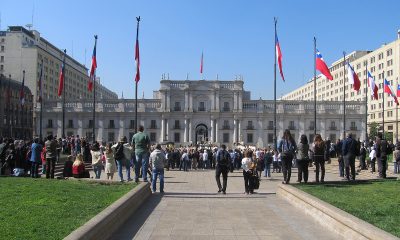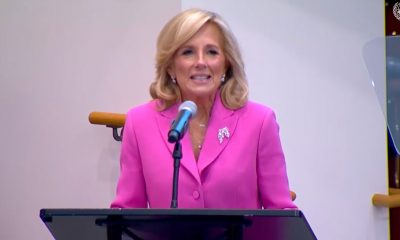Chile
New face of Chilean politics includes LGBTQ+ rights agenda
Municipal and regional elections took place on Oct. 27
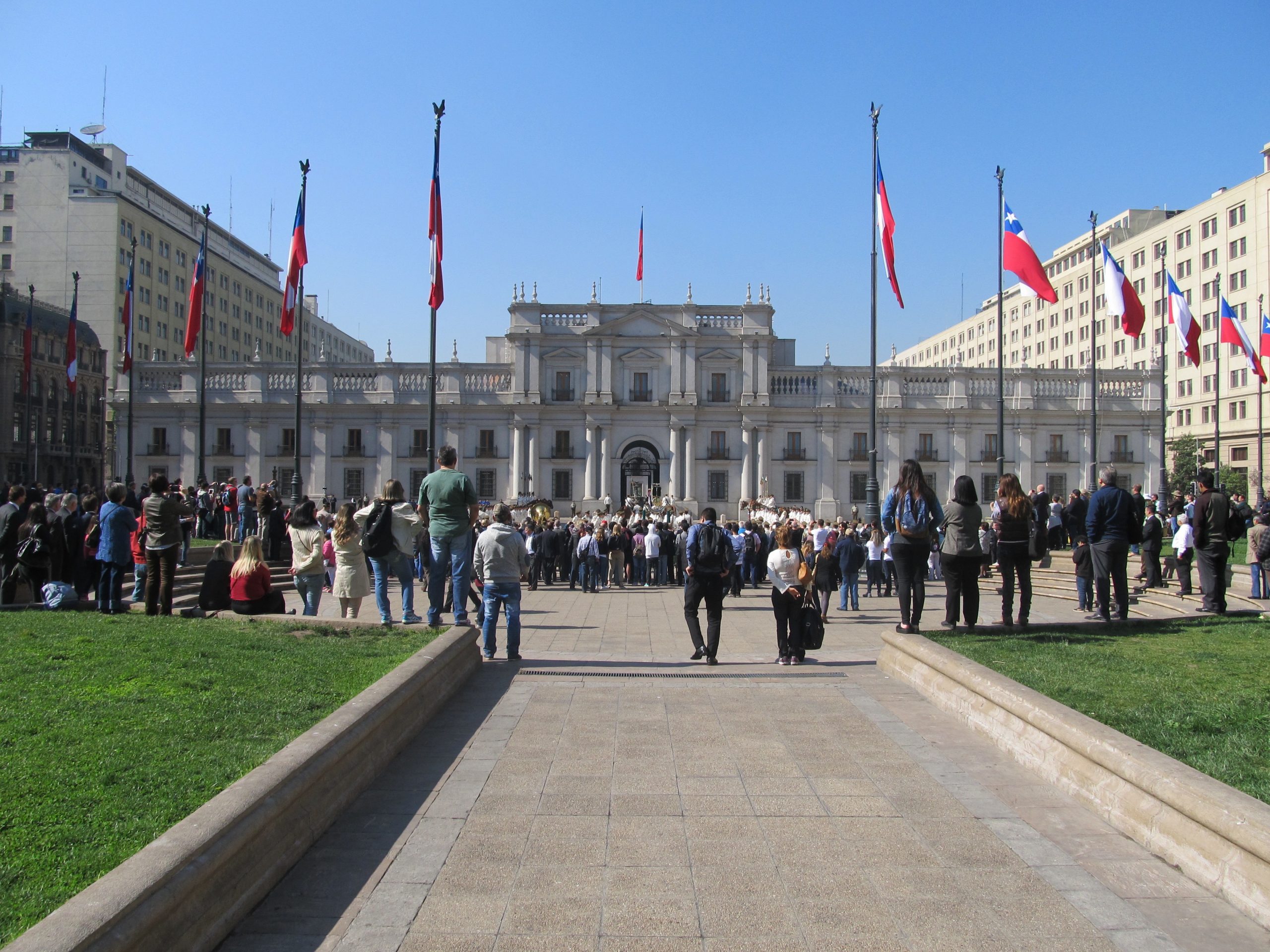
Chile’s municipal and regional elections that took place on Oct. 27 have brought with them a renewed focus on LGBTQ+ rights and diversity.
In a context where the center right has managed to stand out against the Republicans, political parties have incorporated into their platforms a commitment towards the inclusion of queer people. Some Chilean political scientists say the elections have shown a country inclined to vote for the opposition Chile Vamos coalition, even though the left governs Chile.
The ruling party, grouped in Contigo Chile Mejor, had a setback similar to what happened in the 2021 municipal and regional elections — it lost 39 communes that include Santiago, San Miguel, Ñuñoa, and Independencia.
Voters in Maipú, the country’s second most populous commune, re-elected Tomás Vodanovic from President Gabriel Boric’s Frente Amplio.
Frente Amplio also won in Viña del Mar, and other communes, and saw victory in others that include Valparaíso, where the Chilean Congress is located.
Openly LGBTQ+ candidates have emerged since 2012, and some of them have made history. These include Congresswoman Emilia Schneider, a Frente Amplio member who is transgender.
Several LGBTQ+ candidates have resonated with voters within the framework of these elections; not only highlighting their identity, but their commitment to the struggle for equal social rights.
Gloria Hutt, president of Evolución Política (Evópoli), a party that is part of the Chile Vamos coalition, stressed the importance of diversity in its agenda.
“Part of Evópoli’s agenda is inclusion and diversity, including the diversity of communities of different sexual identities. And in this election we had a dozen candidates who belong to sexual diversities, some of them won, others did not, but it is part of the agenda with which we are permanently working,” Hutt told the Washington Blade.
“We believe that it is also part of the freedom of people to deploy their life project without anything else interfering but their own identity and without prejudice preventing them from deploying that identity,” she added.
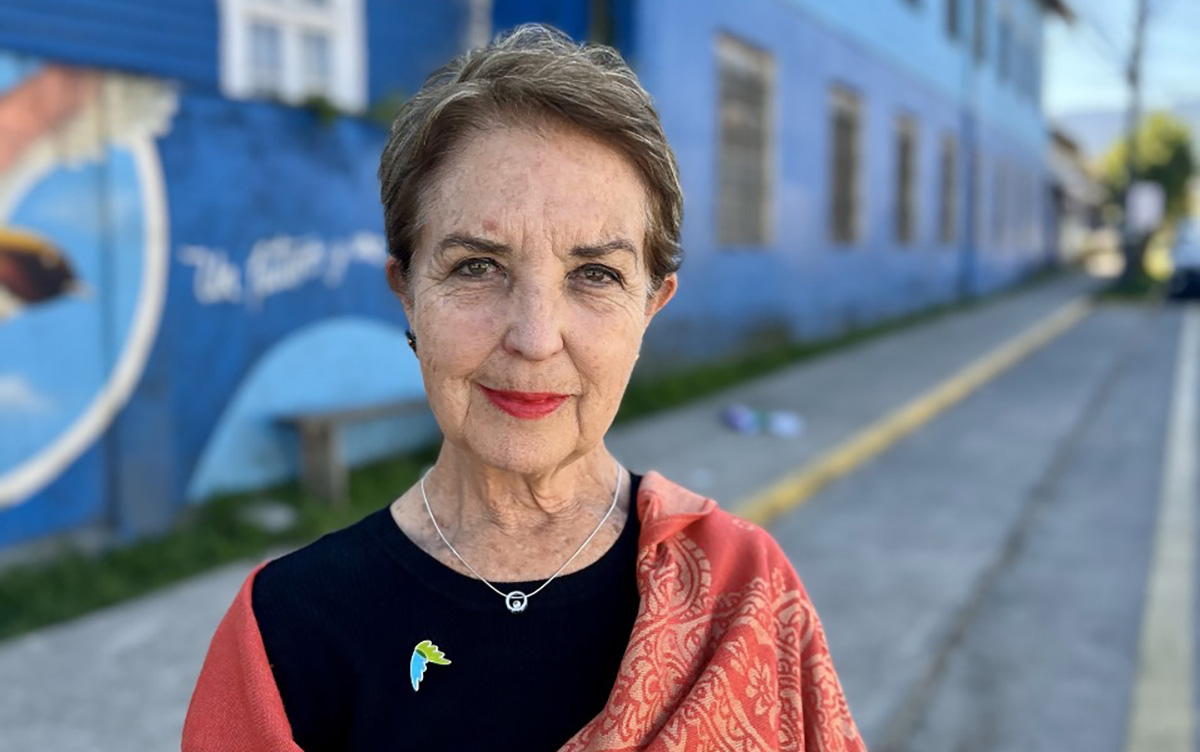
The reelection of figures, such as Viña del Mar Mayor Macarena Ripamonti, and Vodanovic’s success in Maipú reflect significant support for the progressive agenda.
“First of all I would like to emphasize that we saw an impeccable process where citizens were able to express their preferences,” Frente Amplio Secretary-General Andrés Couble told the Blade. “We believe that the results allow us to look to the future with optimism.”
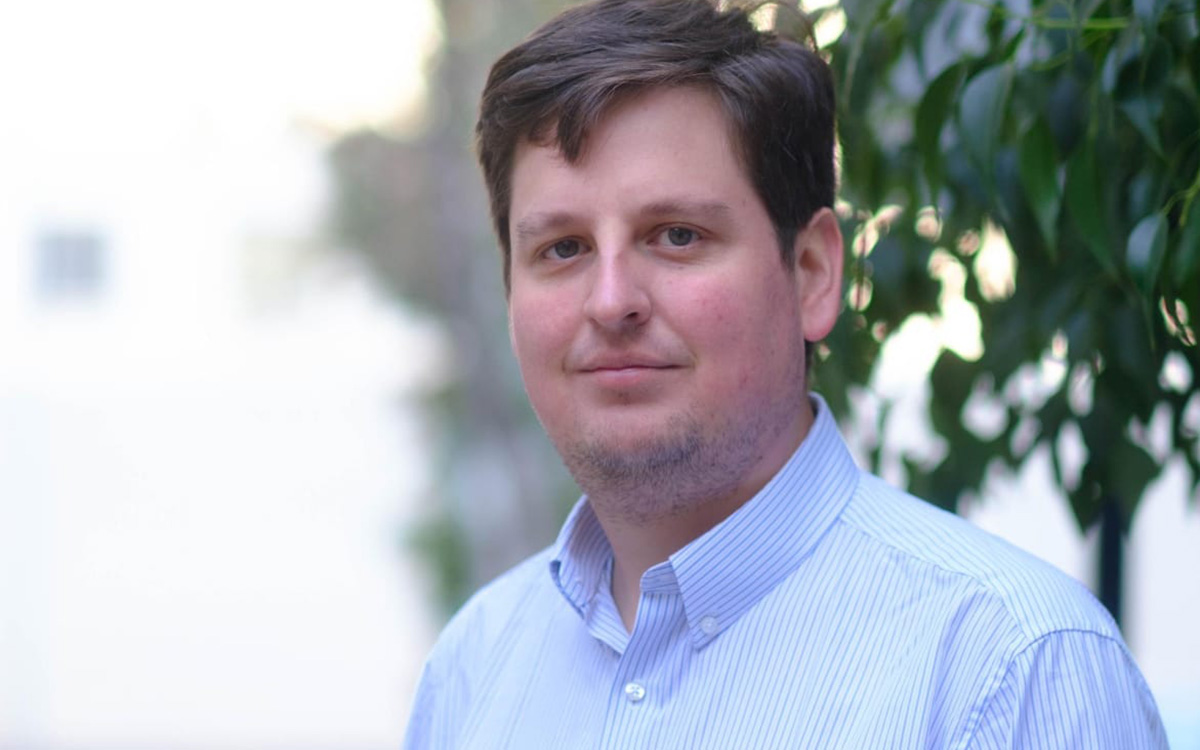
Couble highlighted the importance of LGBTQ+ candidacies in decision-making spaces.
“We think it is important to promote them and that they reach elected positions, because they allow us to bring the struggles for equal rights and respect and promotion of diversity to institutional spaces,” he said.
Couble at the same time highlighted the victory of Bladymir Muñoz, the Chilean councilman who received the most votes, as an example of the advance towards a more inclusive representation.
Muñoz is a Frente Amplio member. He received 41,669 votes in Maipú.

Chile
2024 was ‘year of regression’ for LGBTQ+ rights in Chile
Advocacy group blamed rise in ultra-right, government inaction

A report that a Chilean advocacy group released on Tuesday says 2024 was a “year of regression” for LGBTQ+ rights.
The Movement for Homosexual Integration and Liberation (Movilh)’s 23rd Sexual and Gender Diversity Human Rights report notes LGBTQ+ rights for the first time since democracy returned to Chile in 1990 not only stopped advancing, but saw significant rollbacks in the three branches of government.
The Movilh report describes 2024 as “the year of regression,” noting 23.5 percent of human rights violations against LGBTQ+ people over the last two decades occurred last year. A total of 2,847 discrimination complaints were reported in 2024, representing a 78.7 percent increase over the previous year.
The report documents two murders, 44 physical or verbal assaults, two incidents of violence in police stations, 89 reports of abuse in the workplace, and 65 incidents in educational institutions in 2024. The transgender community was particularly affected, with a 462.6 percent increase in discrimination cases compared to 2023.
The Movilh report notes the growing influence of the ultra-right, whose narratives have fostered hate speech, is one of the main factors behind the deterioration of LGBTQ+ rights in Chile. The advocacy group also criticizes authorities who have remained silent in the face of these attacks, even though they say they support the LGBTQ+ community.
The report specifically singles out the Executive Branch.
Movilh specifically highlights the prohibition of public funds for hormone treatments for trans minors and the postponement of these procedures in public hospitals. The government reversed course after intense pressure and judicial appeals.
The report also criticizes the judiciary.
The Oral Criminal Trial Court of San Antonio refused to classify the murder of a trans woman as a femicide, arguing her identity card still reflected the gender assigned to her at birth. The Court of Appeals of Santiago also ordered the removal of a homophobia complaint on social media, setting what NGOs have described as a dangerous freedom of speech precedent.

The report notes Valparaíso, Metropolitana, and Biobío are the three regions with the highest number of discrimination complaints, with 51.3 percent, 25.1 percent, and 5.8 percent respectively. Reported cases increased in 11 of Chile’s 16 regions, with Ñuble leading the way with a 300 percent increase.
Faced with this bleak panorama, advocacy groups have intensified their efforts to denounce the violence and demand LGBTQ+ rights are once again guaranteed. Movilh, along with other organizations, have approached the Inter-American Commission on Human Rights and the U.N. about the situation in Chile.
“We are seeing a reversal of rights that cost decades of struggle,” warns the report. “If the State does not act urgently, we run the risk of discrimination and violence becoming institutionalized.”
-

 Opinions3 days ago
Opinions3 days agoGay for pay: Andy Lee and the changing face of content creation
-

 a&e features2 days ago
a&e features2 days agoNo longer just a go-go dancer, Prince Joshua debuts ‘Crowned’ EP
-

 Opinions3 days ago
Opinions3 days agoWhy is it important for cities to become LGBTQ sanctuary cities?
-

 a&e features3 days ago
a&e features3 days agoFashion icon Isaac Mizrahi brings performances to the West Coast
-
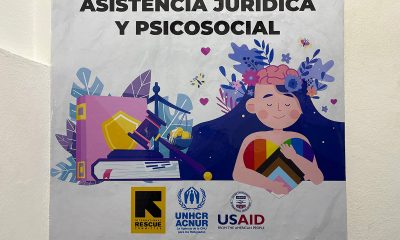
 Noticias en Español4 days ago
Noticias en Español4 days agoSuspensión de fondos de USAID golpea con fuerza a grupos LGBTQ+ en El Salvador
-

 Features18 hours ago
Features18 hours agoFinding love in queer Los Angeles with matchmaker Daniel Cooley
-

 Arts & Entertainment14 hours ago
Arts & Entertainment14 hours agoLA Opera brings back Pride Night for ‘Ainadamar’ production
-

 Noticias en Español10 hours ago
Noticias en Español10 hours agoINDIGNACIÓN: ¡El transfeminicidio de Sara Millerey en Colombia nos cuestiona como sociedad!
-
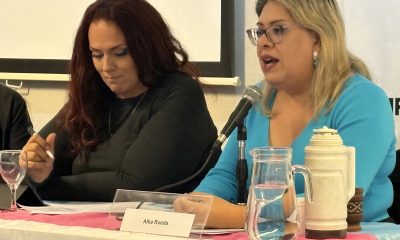
 Argentina14 hours ago
Argentina14 hours agoArgentina’s transgender community confronts ‘chaotic, desperate’ situation
